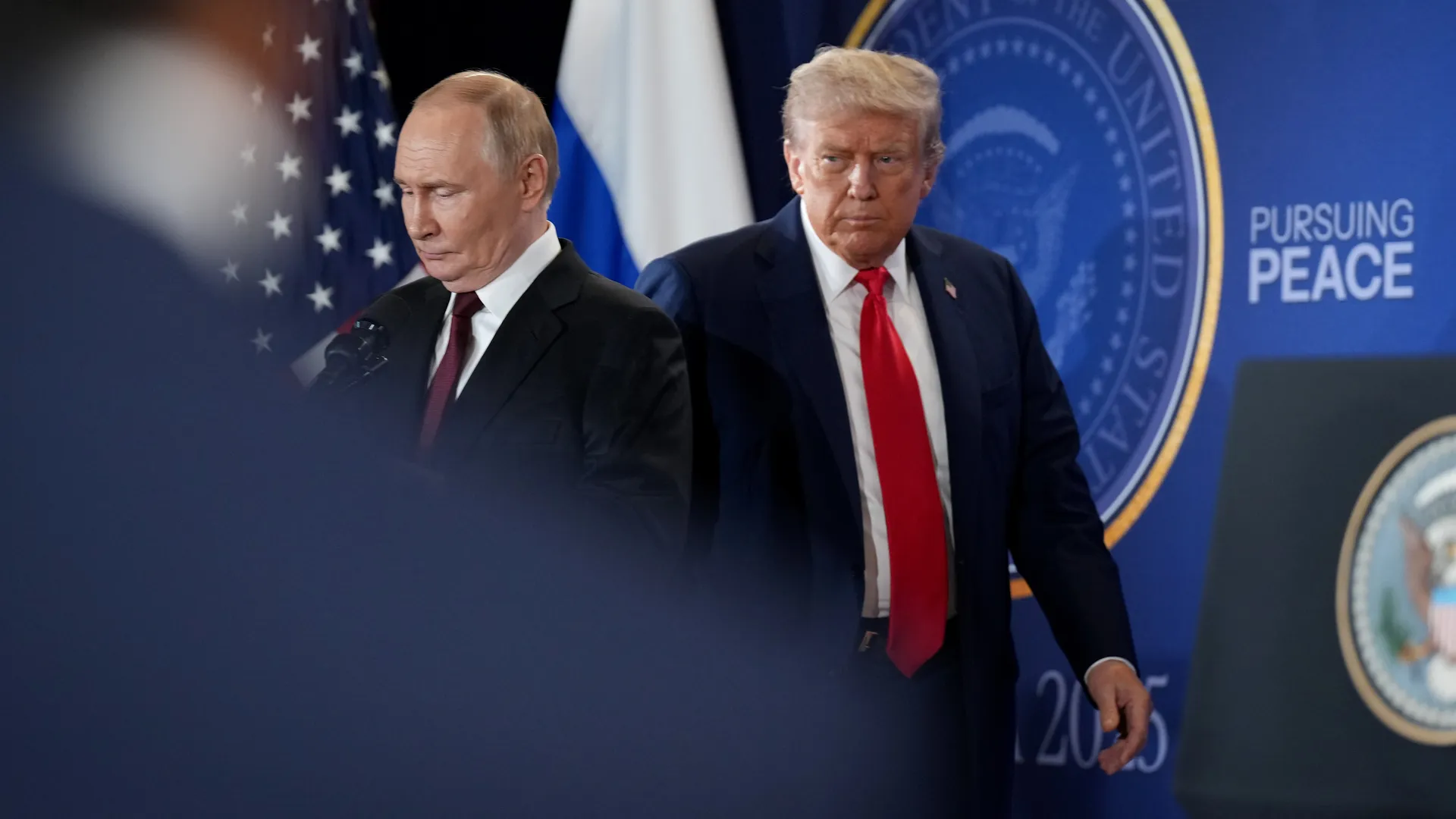In a decisive escalation of economic pressure, the Donald Trump administration has imposed sanctions on Russia’s two largest oil companies, Rosneft and Lukoil, marking a sharp policy shift in Washington’s approach to the Ukraine conflict. The move, reported by Reuters, directly targets the heart of Russia’s revenue engine—its energy exports—long shielded from such sweeping measures.
During much of his second term, President Trump had steered clear of sanctioning Russia’s oil sector, prioritizing global price stability and strategic leverage over punitive measures. This latest decision, however, signals a harder recalibration—one designed to constrict Moscow’s financial capacity to sustain its war machinery while testing the resilience of global energy markets.
Rosneft and Lukoil are not just corporate behemoths; they represent the backbone of Russia’s fiscal and geopolitical power. Together, they account for the majority of the country’s oil production and exports. The sanctions are expected to disrupt global trading networks, complicate insurance and financing for oil shipments, and raise compliance risks for companies engaged with Russia’s energy ecosystem.
Industry analysts warn that the scope and enforcement of these measures will determine their true impact. “If secondary sanctions extend to entities in Asia or the Middle East, the ripple effects could reshape oil trade routes and pricing mechanisms for years,” noted one London-based energy strategist.
The immediate global response has been measured but watchful. India and China—two of Russia’s largest crude buyers—are expected to weigh their strategic energy needs against potential exposure to U.S. penalties. Meanwhile, Europe, still recovering from earlier energy shocks, faces renewed volatility concerns as global supply chains brace for turbulence.
Why it matters:
Oil remains Russia’s economic lifeline and a critical source of funding for its military efforts. By striking at its largest producers, the U.S. aims to erode that financial foundation, potentially redefining global energy alliances in the process.
What to watch:
How Russia retaliates—whether through production cuts or alternative trade channels—and how major buyers such as India and China recalibrate their imports will determine the broader market fallout. Investors and policymakers alike will also monitor oil prices, which could swing sharply amid new geopolitical uncertainty.
